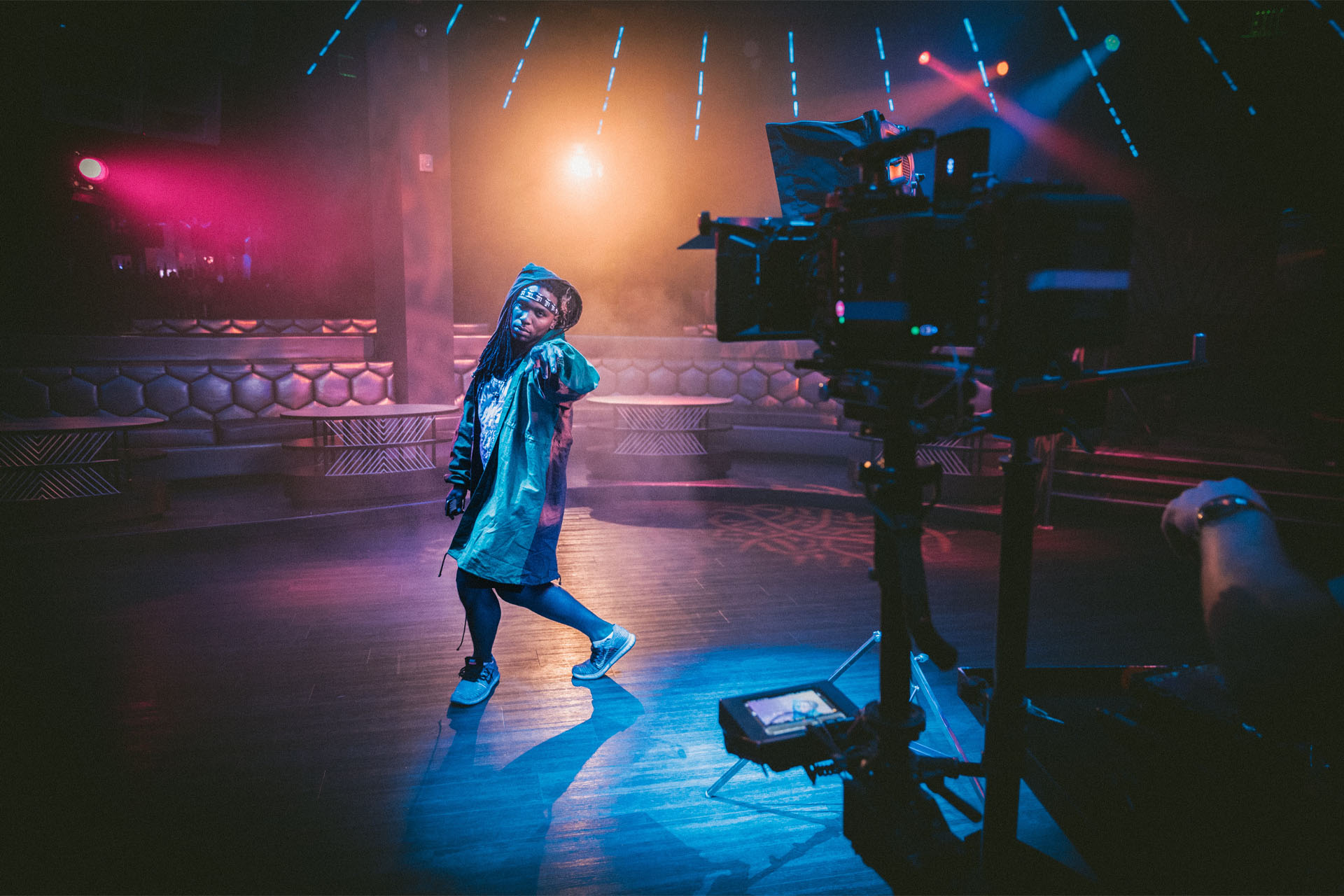Over the last 19 months, digital theatre has demonstrated its potential to improve access and inclusion for audiences across the UK. But the use of digital methods to facilitate equal access to arts and culture is still at an early stage. A research project led by the School of Arts has demonstrated that unless arts funders are able to earmark funding for digital development, and unless arts organisations are willing to experiment with new forms of digital programming, many of the advances of the last 19 months of digital theatre may be lost.
The data, initially reported by the project’s Principal Investigator Dr Richard Misek, Senior Lecturer in Film, in a piece by Carolyn Atkinson on BBC Radio 4’s Front Row, emerges from a web-based survey of the past and forthcoming activities of all 224 UK theatres and theatre companies that receive public subsidies from the Arts Councils of England, Wales, or Northern Ireland, or from Creative Scotland.
The research was carried out as a part of a 12 month Arts and Humanities Research Council project, ‘Digital Access to Arts and Culture Beyond COVID-19’ based at the University of Kent. The project aims to pinpoint ways in which the enhanced digital activity across different arts sectors since the start of the pandemic has improved access to arts and culture, and to explore how digital programming could improve access and inclusion across theatre, opera, classical music, dance, and galleries and museums.
The ‘Digital Access to Arts and Culture’ project has conducted interviews with staff at almost 40 arts venues across the UK. One obstacle identified by all interviewees is money; digital productions cannot yet be relied on to make a profit; at the same time, funding to initiate them is piecemeal and erratic. Theatres often lack any an economic motivation to put work online and invest in digital capacity-building.
There is evidence that even theatres that have previously expressed enthusiasm for digital (for example, the Young Vic, whose artistic director Kwame Kwei-Armah stated in an interview with The Guardian in May the intention to livestream all future productions) have recently faced a reality-check. Their five-week run of ‘Hamlet’ will only be livestreamed four times, due (apparently) to cost issues.
Digital programming has led to significant access benefits, especially for geographically remote and disabled audiences. The suddenness and extent of this snap back to in-person-only performance raises an important question: what are the implications not only for remote and disabled audience members, but also for D/deaf and neurodivergent audience members, vulnerable, elderly, and housebound audience members, carers, night workers, those who can’t afford to visit a theatre, those who feel that going to theatre is ‘not for them’, and many other potential audience members for whom physical attendance may be difficult or impossible.
Digital programmes have also provided theatres with a means of engaging with audience communities. For example, Pitlochry Festival Theatre’s ‘Sound Stage’ series features a virtual bar; numerous theatres have offered online workshops. Another recent interviewee noted that digital allowed them to come to audiences rather than expecting audiences to come to them, noting, ‘We don’t want people to admire us – we want people to connect with us.’
Many organisations (including the National Theatre, the Young Vic, Pitlochry Festival Theatre, the RSC, and Sheffield Theatres) are continuing to develop their digital programmes, and working to develop sustainable models for digital theatre. But there is currently a ‘digital divide’ between large, well-resourced organisations and small and mid-sized ones; unless all scales of theatre company have the support to experiment and develop their digital expertise, the current digital divide will only get bigger.

